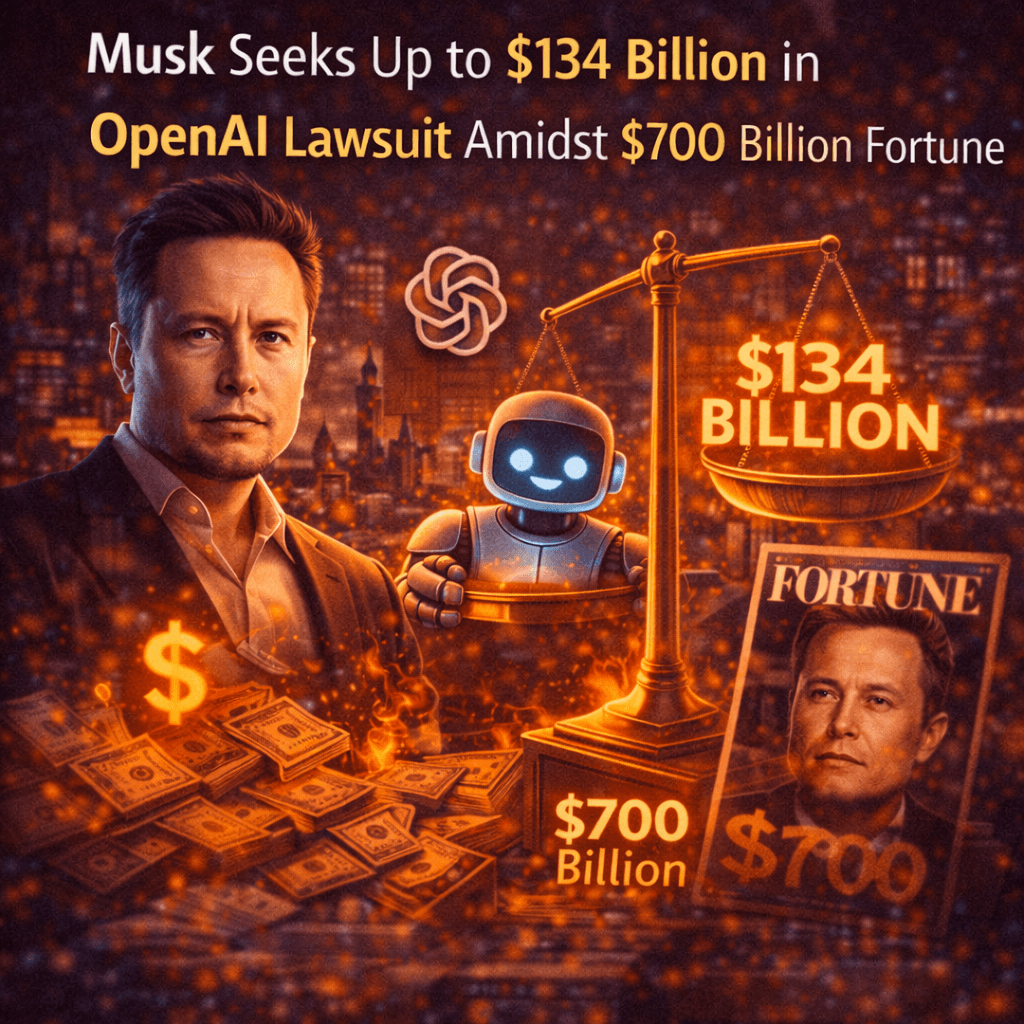Nvidia’s Sovereign AI Pitch Gains Momentum Among EU Leaders
Nvidia’s call for “sovereign AI” has struck a chord with European Union leaders, aligning with the continent’s push for data independence and tighter control over AI infrastructure. With mounting concerns over geopolitical dependence on foreign cloud and compute providers, Nvidia’s strategy promises to empower countries with AI capabilities built on local data and infrastructure.

Image Source: Nvidia
Nvidia, the AI chipmaking giant, is seeing growing interest across Europe as it promotes its vision for “sovereign AI” — a framework where nations build and control their own artificial intelligence infrastructure, distinct from global tech monopolies.
During recent talks with EU digital ministers and national AI task forces, Nvidia emphasized the risks of over-relying on centralized AI platforms, especially those hosted by foreign companies such as OpenAI, Microsoft, Google, and Amazon. These concerns echo Europe’s broader drive for digital and data sovereignty — a long-standing goal accelerated by tensions over privacy, data localization, and technological self-reliance.
At the center of Nvidia’s pitch is a model where European countries can train AI models using domestic data, powered by local Nvidia hardware and software stacks. By using their own data centers and compute clusters, countries like Germany, France, and the Netherlands can ensure that sensitive data — including healthcare, legal, and government archives — remains inside national borders.
Also Read: Apple iOS 26 Update: All the New Features and Changes
This vision is backed by the European Commission’s recent AI Act, which encourages transparency, local oversight, and ethical usage of AI. Nvidia’s strategy dovetails with these regulatory priorities, making it a preferred partner for public-private collaborations in AI development.
Furthermore, Nvidia is actively working with several European cloud providers and research institutions to roll out secure, on-prem AI clusters. These initiatives will provide sovereign cloud foundations that align with the Gaia-X data governance framework — a European initiative focused on federated cloud infrastructure.
For Nvidia, this approach not only strengthens its foothold in Europe but also helps position the company as a trusted enabler of AI independence in a geopolitically sensitive tech ecosystem. As the continent steers towards greater autonomy in digital infrastructure, Nvidia’s sovereign AI agenda appears to be both timely and strategically aligned with EU ambitions.
You may also like

Summary
Read Full
open_in_newSouth Korea has introduced landmark laws to regulate artificial intelligence, aiming to promote innovation while ensuring safety and transparency

Summary
Read Full
open_in_newNVIDIA's dominance in the tech industry is often attributed to its cutting-edge hardware, but its real competitive advantage lies in its vast network of developers

Summary
Read Full
open_in_newUCLA researchers have developed a novel AI tool to improve early diagnosis of Alzheimer's disease, particularly in cases that are often missed by traditional methods

Europe's Quest for Digital Independence: Breaking Free from US Internet Technology
Summary
Read Full
open_in_newThe European Union is taking steps to reduce its reliance on US internet technology, citing concerns over data privacy, security, and geopolitical tensions. This move aims to promote digital sovereignty and foster a more autonomous European tech industry.

White House Accused of Manipulating AI-Altered Images of Arrested ICE Protesters
Summary
Read Full
open_in_newThe White House is facing criticism for allegedly using AI-altered images of arrested ICE protesters to create a narrative of cruelty, sparking concerns about the manipulation of information and the potential for harm to individuals and communities

Summary
Read Full
open_in_newICE is scanning civilians' faces, informing them that their information is being entered into a terrorism database, raising concerns about privacy and surveillance

The AI Monk: A 2.5M Follower Phenomenon Fully Automated in n8n
Summary
Read Full
open_in_newDiscover how the AI Monk, a social media sensation with 2.5 million followers, has been fully automated using the n8n workflow automation tool, streamlining content creation and engagement
Post a comment
Comments
Most Popular











